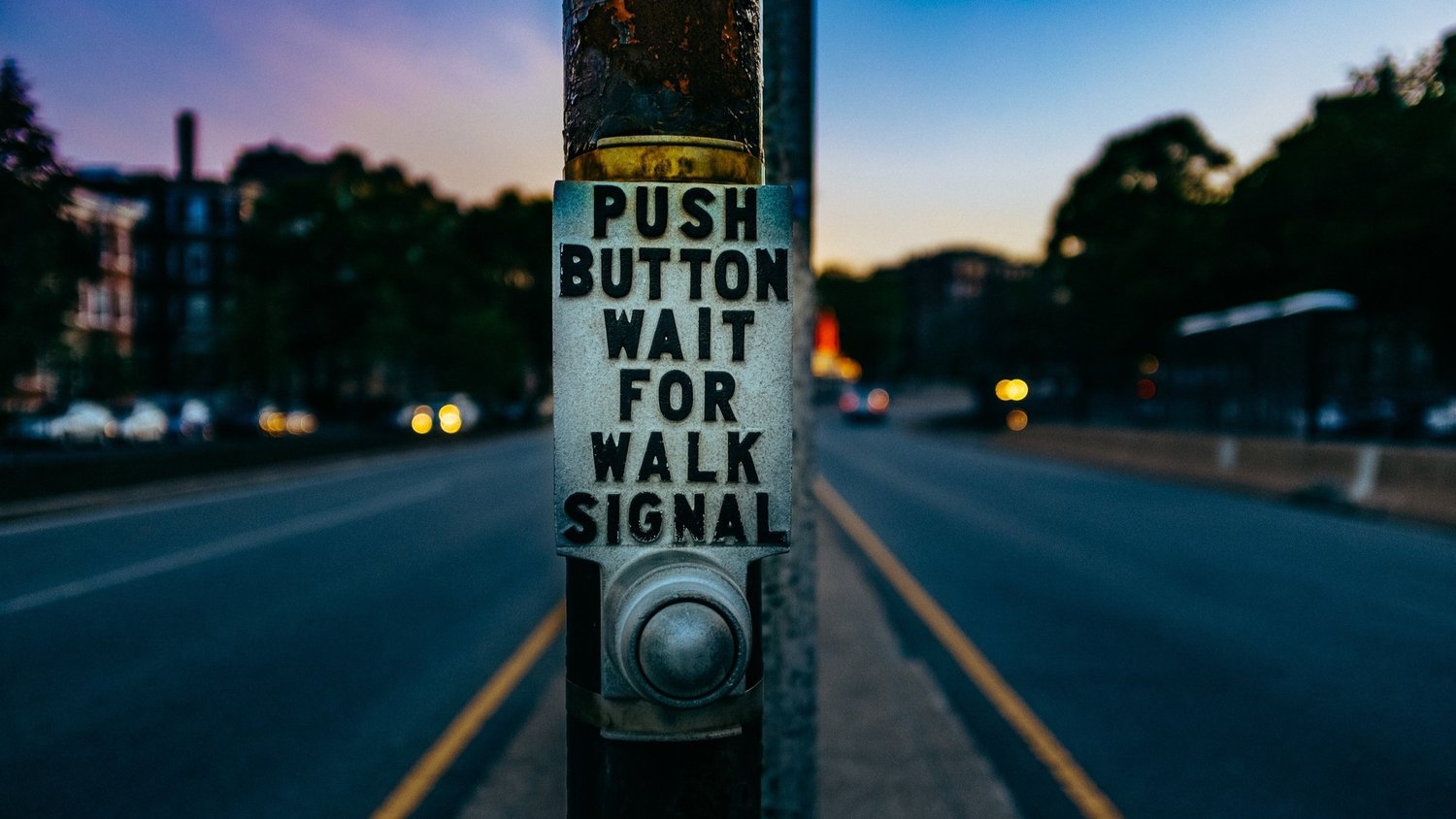I was reading a novel called The Seven Moons of Maali Almeida recently (well listening, actually) and there was a line that stopped me in my tracks.
Literally.
I had to stop running, pause the book, go back 15 seconds, listen again, and then immediately write it down because I knew then that I needed to write about it.
What was the line?
“There are always things to do; most are pointless”
And how true this is.
Yes, there are always things to do. And yes, most of them are pointless.
If you’ve ever talked to me live, heard me on a podcast, or attended a webinar or workshop with me, you’ve probably heard me say this:
“You, me and everyone else? We’re all gonna die someday with a big long list of things we didn’t do. And that’s OK.”
And not only is it ok. It just is.
And for things that just are, what else can we do but accept it?
And then, prioritize.
Because you’re not going to do everything, you’re going to have to make some choices. You’re going to have to recognize that there will always be more to do than you can do.
You can’t be a completist in this world.
And you know what? Just like Shehan Karunatilaka says in the book: “there are always things to do; most are pointless”.
So what does that mean?
Your job is to become a bullshit detector.
Your job is to figure out which of the endless things you could do, actually do have a point. Which things will move the needle. Which things will make an impact.
And focus your energies there.
Because you can’t do everything.
And just because I spout off about this stuff all the time doesn’t mean that I’m immune.
Here’s a little lesson I learned from my 14 year old son about this recently:
At my son’s school, there’s a “transit plan” app. I’m supposed to click a button every day after 6pm that confirms how he’s getting to school the next day (public transit, car, etc.) And when he started at this school a few years ago, I added a recurring task to my tasklist with a link to this form so that I wouldn’t have to worry about forgetting.
Diligently, for years now, I’ve been clicking this button daily (and I’m just now noticing the similarity between this and the central plot of the TV show Lost, but I digress).
Now, the other side of this is that my son, when he leaves for school in the morning, is also supposed to click a button on that same app saying that he’s on his way.
I assumed this is a safety sort of thing so that, say, if he doesn’t show up to school on time, the school can notify me that he’s not there (and then we can all freak out).
But, just the other day, in the interest of getting things off MY plate, I asked my son if he could start clicking my button, since he’s clicking his button anyway.
And do you know what he said?
“I haven’t clicked that button since the first month of school 2 years ago; I don’t think it matters”.
And you know what, I think he’s obviously right. It doesn’t matter.
No one has ever contacted me about this. He’s getting to school just fine and he has a phone, so he can call if there’s a problem.
I’ve been doing a pointless task every weekday for 2 years.
But, now I know better. And I’m not going to do it anymore.
There are always things to do. And most of them are pointless. This was certainly was.


